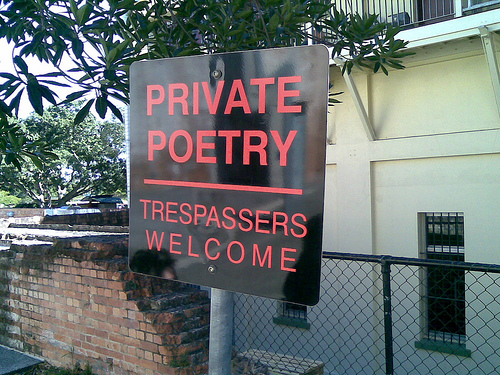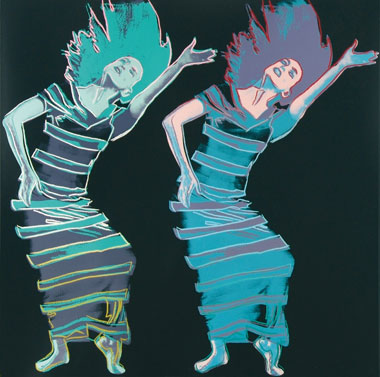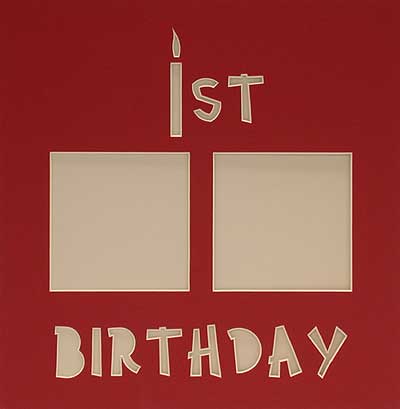
Breastless in The City
I’ve started a series about cancer and writing. (See #1 about self publishing, and #2 about writing mentors.) This post is about different size publishing houses.
Five years ago, with no formal training, breast cancer survivor Cathy Bueti wrote a book about being a young widow dating through cancer treatment. She landed an agent (we’ll cover that in another post) and they shopped her book around.
Cathy writes: “My agent eventually got an offer from a small, one-year-old press that published medical guides and wanted to expand into the trade market. My book was a good fit. I hoped for a big house, but as a newbie… I accepted the offer.
“Breastless in the City was published in 2006. In 2008 my small press publisher left the biz and sold the company. A few months later my title, along with other books of theirs, was acquired by a large publishing house. With the large house, a new editor and I worked for six weeks revising the manuscript to bring my story to a wider audience. The new edition of Breastless in the City will be released this May in hardback.” (You can pre-order it now on Amazon.)
Here are some of the main differences Cathy found between the small press (SP) and the large publishing house (LP):
Editing Process
“The SP edited my manuscript and asked for my input. With the LP, the editor and I worked together editing chapter by chapter adding more scenes, background info, dialogue, and content about my life after cancer. It was emotionally difficult to dig into this deeper, raw content, but it added much to the story.”
Distribution
“I thought my book would be on the ‘new arrivals’ table at bookstores. Not so. Stores want to stock their shelves with sure sellers. Your publisher has to ‘sell’ the idea of your book to the store for them to even decide to carry it.” (A note from Kairol here – Publishers have to pay big bucks for table space in stores. I’m psyched that my publisher just did so for my book, but not every publisher has the cash or desire to, and extremely unlikely that a self-published author can afford it.) Back to Cathy:
“With the SP, Breastless in the City was in a few Barnes and Nobles in NYC, my local store, plus a few others. I had to create a demand; not easy as an unknown author. The first edition sold about 800 copies. My LP has a special sales department that helps with distribution, so that is quite different already.”
Marketing Promotion
“The SP gave me more individual attention but had no in-house marketing department, nor the funding to push sales. At the LP, I am in close contact with their in-house marketing department.”
“In both places, a lot the promotion falls to the author. You have to hit the pavement, connect with others, and spread the word by reaching out to organizations, survivors, blogging, and connecting on the internet.”
Do you journal/blog about your cancer experience? Have you ever worked with an editor or thought of having someone edit your work, even a friend or family member? Does having an editor’s eye seem frightening or exciting?


![]()
![]()







 “Everything Changes is, without doubt, the most forthright, emotionally sophisticated, and plain-old valuable book of its kind I've seen.”
“Everything Changes is, without doubt, the most forthright, emotionally sophisticated, and plain-old valuable book of its kind I've seen.”












